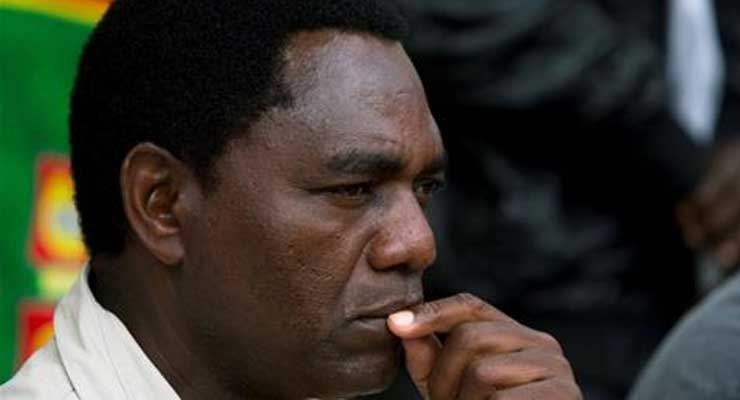
President Muhamadu Buhari who said Goodluck Jonathan’s government was corrupt has largely overseen graft, lack of accountability, rigged elections and intolerance for dissent since coming to office in Nigeria in 2015. Patrice Talon took power in 2016 when Benin was enjoying a burgeoning democracy but under Talon there has been the judicial persecution of journalists and activists; elections marred by violence against protesters and human rights violations, and; a number of opposition members either arrested or forced into exile. President Macky Sall of Senegal also came to power after a highly contested presidential election against Abdoulaye Wade in which Wade was accused of attempting to stay in power for a third term. However, Senegal is also in a downward trend to democratic erosion considering the crisis of public trust in the country’s democracy under Macky Sall.
Although Ghana, for example, is to a certain extent, an honorable mention, Nigeria, Benin and Senegal are a few examples that demonstrate how African politics is largely dominated by former opposition leaders, some of whom had accused their predecessors of corruption and authoritarian rule, significantly reversing democratic gains once in office. Therefore, it is best to exercise cautious optimism in regard to the recent landslide victory of Hakainde Hichilema of the United Party for National Development over incumbent Edgar Lungu of the Patriotic Front in the general elections of 12 August 2021. Many observers have praised Lungu’s concession as a demonstration of the vibrancy of Zambia’s democracy but we tend to forget that peaceful political transitions have failed in African countries once touted as democratic or having made significant steps towards democratization. While congratulations are in order, the true test for President Hichilema will be to respect the basic freedoms of all Zambians and not attempt to stay in power longer than constitutionally allowed.
Leave a Reply